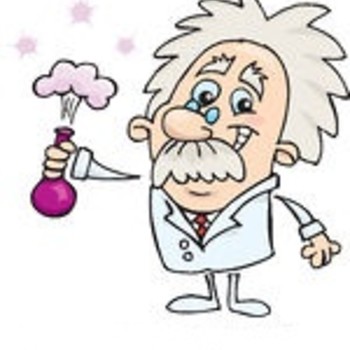How did Rutherford's experiment change the model of structure of atoms?
1 Answer
Rutherford was the 1st to propose the two part atom; dense indivisible positively charged nucleus surrounded by a diffuse electron cloud. It is generally known as the 'Shell Model' of the atom.
Explanation:
Excerpt from Doc048 April 28, 2017
The 1st structural model of the atom was proposed by J.J. Thompson => 'Plumb Pudding' Model based upon 'opposites attract'. The model proposed was a spherical positive field with negative particles (electrons) embedded throughout the volume like plumbs suspended in a gelatin pudding.
This model was short lived when E. Rutherford performed the 'Gold Foil' Experiment where positively charged alpha particles were directed at a thin gold leaf suspended in a photo-sensitive chamber. Expectation was that if the Thompson model was correct, the alpha particles would be reflected away from the gold atoms because of the positive field proposed. However, greater than 99% of the alpha particles passed through the gold foil without effect. Some particles were reflected at obtuse angles and some (very small fraction) were reflected directly back at the source. This lead to the 1st proposal of the two part atom containing (in Rutherford's model) and indivisible positive nucleus surrounded by a cloud of negatively charged electrons and is frequently referred to as the 'shell model'. No postulates of electronic structure was proposed.
The Rutherford model was eventually replaced by the Bohr 'Concentric Ring' Model of the atom. This was based upon the bright-line spectra of molecular hydrogen and lead to postulates that describe the electronic structure of the atom as having electrons in discrete energy levels and orbiting the nucleus much like planets orbit a star.
The current model of the atom is generally known as the Schrodinger 'Quantum' Model which proposes an electronic structure made up of electrons occupying energy specific orbitals defined by 'Quantum Numbers' of the electron. Such is the evolution (in short) of our understanding of the atomic electronic structure, but John Dalton never proposed an atomic structure as we understand it to be today. Modern technology is allowing new theories to evolve that are describing even the nuclear structure of the atom and are leading to an increased understanding of the nature of the atom.

